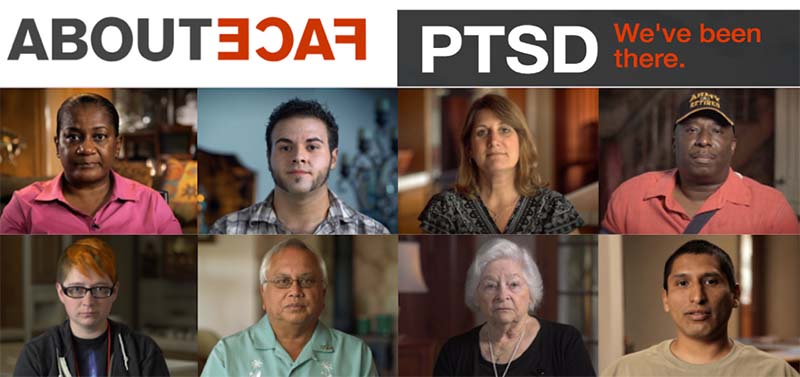Raising Awareness and Advocacy
Military PTSD is often misunderstood, and raising awareness is crucial to ensuring affected individuals receive the care they need. United Relief Foundation and our United in Service partners and initiatives work to provide resources, reduce stigma, and promote early intervention.
Understanding Military PTSD
Post-Traumatic Stress Disorder (PTSD) is a serious mental health condition that affects many military personnel and veterans. It develops after exposure to traumatic events such as combat, life-threatening situations, or military sexual trauma (MST).
Causes and Risk Factors
Military personnel face unique stressors that increase their risk of developing PTSD, including:
- Combat Exposure: Witnessing or experiencing violence, injuries, or death.
- Deployment Stress: Prolonged separation from family, unpredictable environments, and high-pressure situations.
- Military Sexual Trauma (MST): Sexual harassment or assault during service, which can lead to PTSD in both men and women.
Symptoms of Military PTSD
PTSD symptoms can vary but often include:
- Intrusive Memories: Flashbacks, nightmares, and distressing thoughts.
- Avoidance: Steering clear of reminders of trauma, including places, people, or conversations.
- Negative Changes in Mood and Thinking: Feelings of guilt, detachment, or emotional numbness.
- Hyperarousal: Increased irritability, difficulty sleeping, and being easily startled.
Treatment and Support
PTSD is treatable, and many veterans find relief through:
- Therapy: Cognitive Behavioral Therapy (CBT) and Prolonged Exposure Therapy (PE) are effective treatments.
- Medication: Antidepressants and other medications can help manage symptoms.
- Support Networks: Connecting with fellow veterans, family, and mental health professionals can aid recovery.
The Significance of National Post-Traumatic Stress Disorder (PTSD) Awareness Month
An annual report from VA also offers information about PTSD in Veterans using VA care. Of the 5.8 million Veterans served in fiscal year 2024, about 14 out of every 100 men (or 14%) and 24 out of every 100 women (or 24%) were diagnosed with PTSD.
National PTSD Awareness Month, observed every June, plays a crucial role in educating the public about PTSD and advocating for those affected by it. PTSD can result from traumatic experiences such as combat, assault, accidents, or natural disasters, and it affects millions of people, including veterans and civilians alike.
Why It Matters
- Breaking the Stigma: Many individuals hesitate to seek help due to misconceptions and stigma surrounding PTSD. Awareness efforts encourage open conversations and understanding.
- Promoting Treatment: PTSD is highly treatable, yet many sufferers do not receive the care they need. This month highlights effective therapies, including counseling and medication.
- Honoring Those Affected: The observance recognizes the struggles of those living with PTSD and honors their resilience. It also acknowledges the importance of mental health support for military personnel and trauma survivors.
How to Get Involved
- Spread Awareness: Share information on social media, attend events, and educate others about PTSD symptoms and treatments.
- Support Organizations: Donate to or volunteer with groups that provide resources for PTSD survivors.
- Encourage Conversations: Talking about PTSD helps normalize mental health discussions and encourages those in need to seek help.
National PTSD Awareness Month is a vital initiative that fosters understanding, support, and action. By raising awareness, we can help individuals on their journey to healing and ensure they receive the care they deserve.
On AboutFace, Veterans, family members and clinicians share their experiences with PTSD and PTSD treatment in moving film clips. Learn what you can do to help yourself or a loved one, from the stories of people who have been there.
- Hear from Veterans spanning over 6 decades of conflict.
- Hear family members share their perspectives.
- Hear clinicians take the mystery out of PTSD and PTSD treatment.
- Learn what options are out there for you.
Watch and Learn About PTSD and Treatment
- Interviews: Veteran, family and clinician interview clips organized by topic. Choose someone you like. Hear their story. Learn about PTSD and PTSD treatment first hand.
- Our Stories: Short films about a Veterans experience with PTSD and ways their life has improved with treatment.
- Featured Therapies: Learn how Veterans describe their treatment experience at the VA.
- Share videos: Use on social media or email them to people you love.

